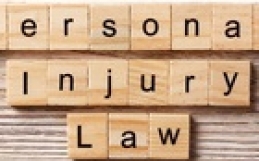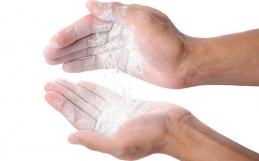When you slip, fall, and injure yourself on someone else’s property because of an uncorrected dangerous condition that existed on that property, you can bring a claim against the owner of the property. In North Carolina, your slip and fall personal injury case falls under “premises liability law.”
North Carolina premises liability law requires property owners to keep their property safe. “If there are parts of the property that may be potentially dangerous, they must warn visitors,” according to attorneys.com. If owners are negligent, that is, if they fail to keep their property safe or don’t provide adequate warnings about potential hazards, they may be liable if you slip and fall on their property.
A compendium published by USLAW Network lists common types of slip and fall injuries:
- Snow and ice on the ground or sidewalks
- Black ice”
- Liability for contractors on premises: “The owner may be liable where his own negligence combines with that of the contractor, or when the owner has engaged in a negligent hiring or selection of the contractor.”
- Slippery surfaces – cleaner, polish, and wax
In North Carolina, the plaintiff must prove that the person responsible for the conditions that caused the slip and fall (the property owner) was negligent. This is one of the reasons that you need an experienced personal injury attorney to help you with your case. Did the defendant create the alleged condition? Or was it created by a third person? You will also be required to prove that that individual owed you a duty, and failed to carry out that duty, and that you suffered the injury, and damages as a result of the injury, because of that failure.
In the majority of North Carolina cases, the plaintiff slips on a substance that is created by a third person, and the defendant has a duty to address the dangerous condition only if the defendant has seen the condition, which depends on the length of time that the substance was on the floor. “If the jury finds that the condition existed for such a period of time that the property owner or possessor should have known of it, then he will be found liable for his failure to remedy it or to have warned of it.”
Richard Manger, principal of Manger Law Firm, has extensive experience in litigation and settlements, with a focus on personal injury and workers’ compensation law. We are proud of the strong relationships of loyalty and trust we develop with our clients. We go above and beyond to achieve the best possible outcome in your case. You can contact Richard Manger via email at ram@mangerlaw.com, or by calling (336) 882-2000.






